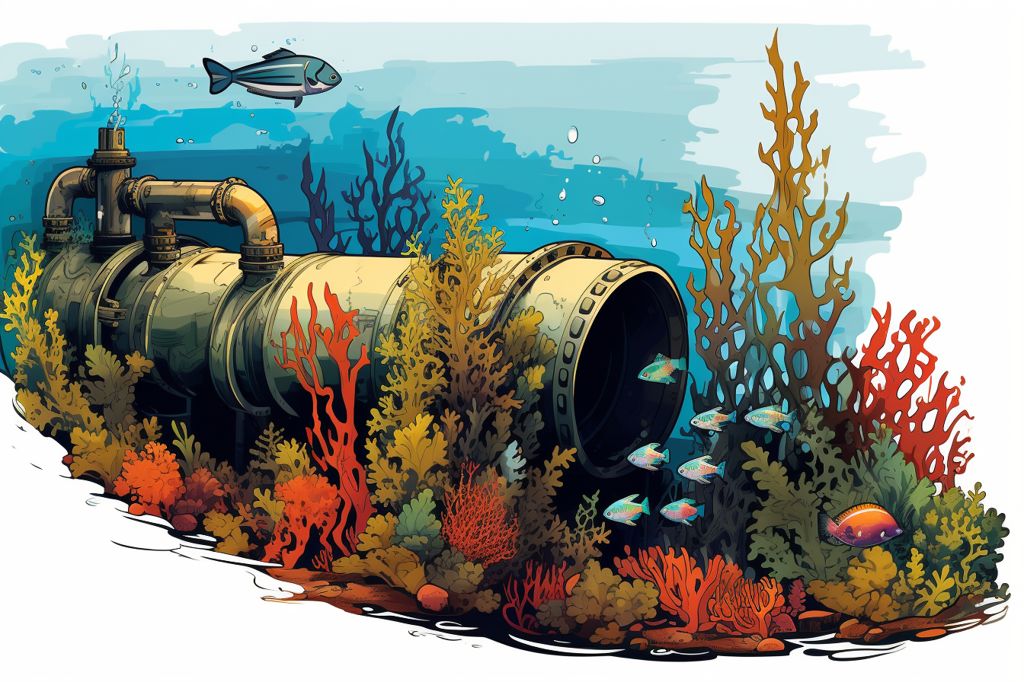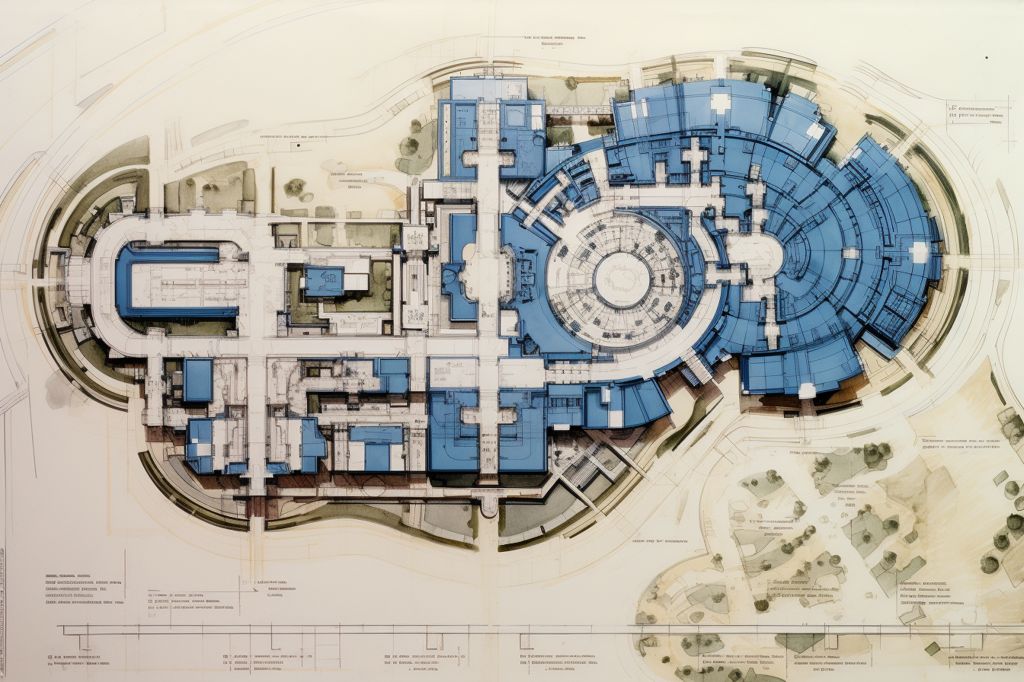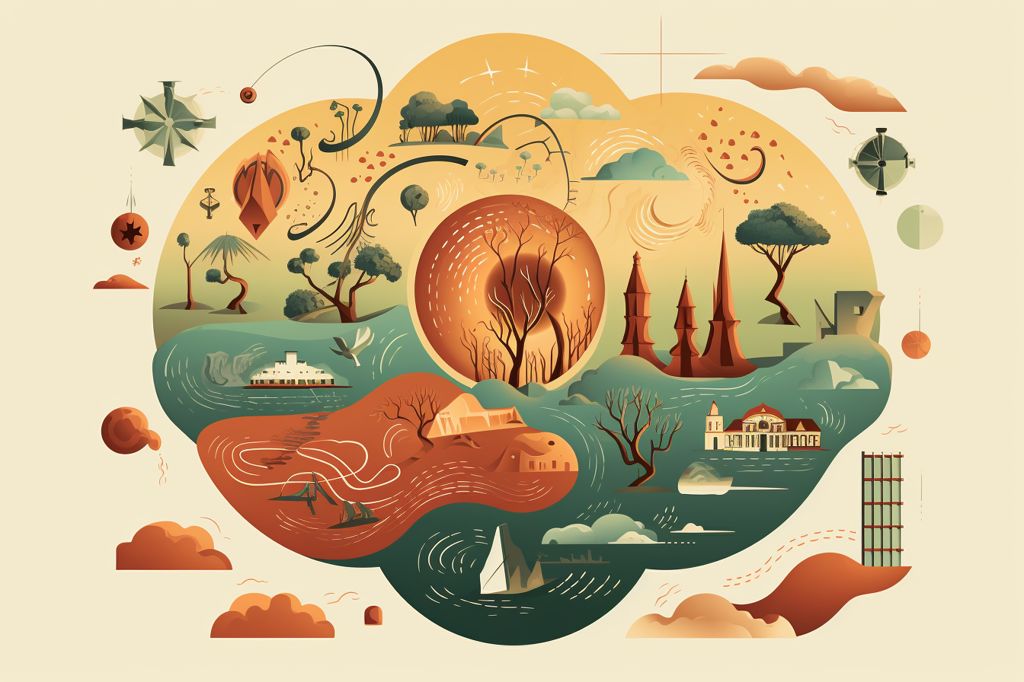Engaging the Public in Wastewater Management
In line with its dedication to environmental sustainability and transparency, Cape Town has initiated a public participation process concerning permits for Wastewater Treatment Works (WWTW) and marine outfalls in various locations, including Mitchells Plain, Simon’s Town, Millers Point, Oudekraal, and Llandudno. From September 21, 2023, to November 21, 2023, residents and stakeholders can express their opinions and concerns about these vital facilities.
The Water and Sanitation Directorate in Cape Town led the public participation process, hosting a meeting at Camps Bay High School to deliberate on the city’s treatment works and marine outfalls. After undergoing degritting and screening, wastewater is discharged into the ocean through three marine outfalls operated by the city, located at Hout Bay, Green Point, and Camps Bay. The remaining parts of Cape Town are served by 23 wastewater treatment works that treat sewage and remove nutrient loads before releasing the treated effluent into the ocean.
Investments in wastewater treatment and sewer upgrades are a priority for Cape Town’s infrastructure, evidenced by a 226% increase in overall infrastructure spending from R2.3 billion in 2022/23 to R7.8 billion in 2025/26. Coastal outfalls, a worldwide practice, adhere to local engineering and environmental pollution guidelines and regulations.
Challenges and Studies on Marine Outfalls
In some regions, constructing wastewater treatment works is not feasible due to spatial and environmental limitations. For instance, the catchments in Green Point, Hout Bay, and Camps Bay face significant spatial, practical, and financial obstacles in building a multi-billion rand WWTW. Moreover, extensive reconfiguration of existing sewer networks would be required in these areas.
Seven major studies conducted by independent marine science experts have determined that the marine outfalls are effectively serving their purpose, mitigating potential ecological and human health impacts of discharged effluent by taking advantage of the increased dilution provided by deep water.
The Minister of Fisheries, Forestry, and Environment (DFFE) is currently reviewing appeals related to the permits for the three marine outfalls. As the appeals are being considered eight years after the initial public participation, the Minister has requested updated public input to make a decision on the merits of the appeal. The City welcomes this opportunity, as new studies have been conducted since the first public engagement. In the meantime, the marine outfalls continue to operate under their existing permits and license conditions.
The City commissioned a study to evaluate the feasibility and costs of various outfall options, with the draft scoping report completed by June 30, 2023. Additional community engagements are planned later in the year to discuss the next steps once the City has had a chance to review the study’s findings.
Public Participation in Wastewater Treatment Works
The City is proactively incorporating five WWTWs in the public participation process, allowing for public commentary on these permit applications.
Councillor Zahid Badroodien, the Mayoral Committee Member for Water and Sanitation, highlighted the significance of public input in the decision-making process. “It is important for the City to give the public a fair chance to provide their considered, informed inputs on these matters. We encourage residents and stakeholders to submit their comments during this fresh 60-day public participation period.”
Following the public participation period, the City will address the comments and submit both the public’s comments and the City’s responses to the National DFFE for its decision on the applications.
The public can access the applications online, at sub-councils, libraries, and on-site at each of the marine outfall depots. Comments can be submitted online, via email, or at sub-councils. For more information, residents can email public.participation@capetown.gov.za.
Cape Town’s commitment to public participation and transparency in its marine outfall and wastewater treatment initiatives showcases the city’s dedication to environmental stewardship and sustainable development. By offering opportunities for public input and investing in infrastructure enhancements, Cape Town is working towards a cleaner, greener future for its residents and the environment.








